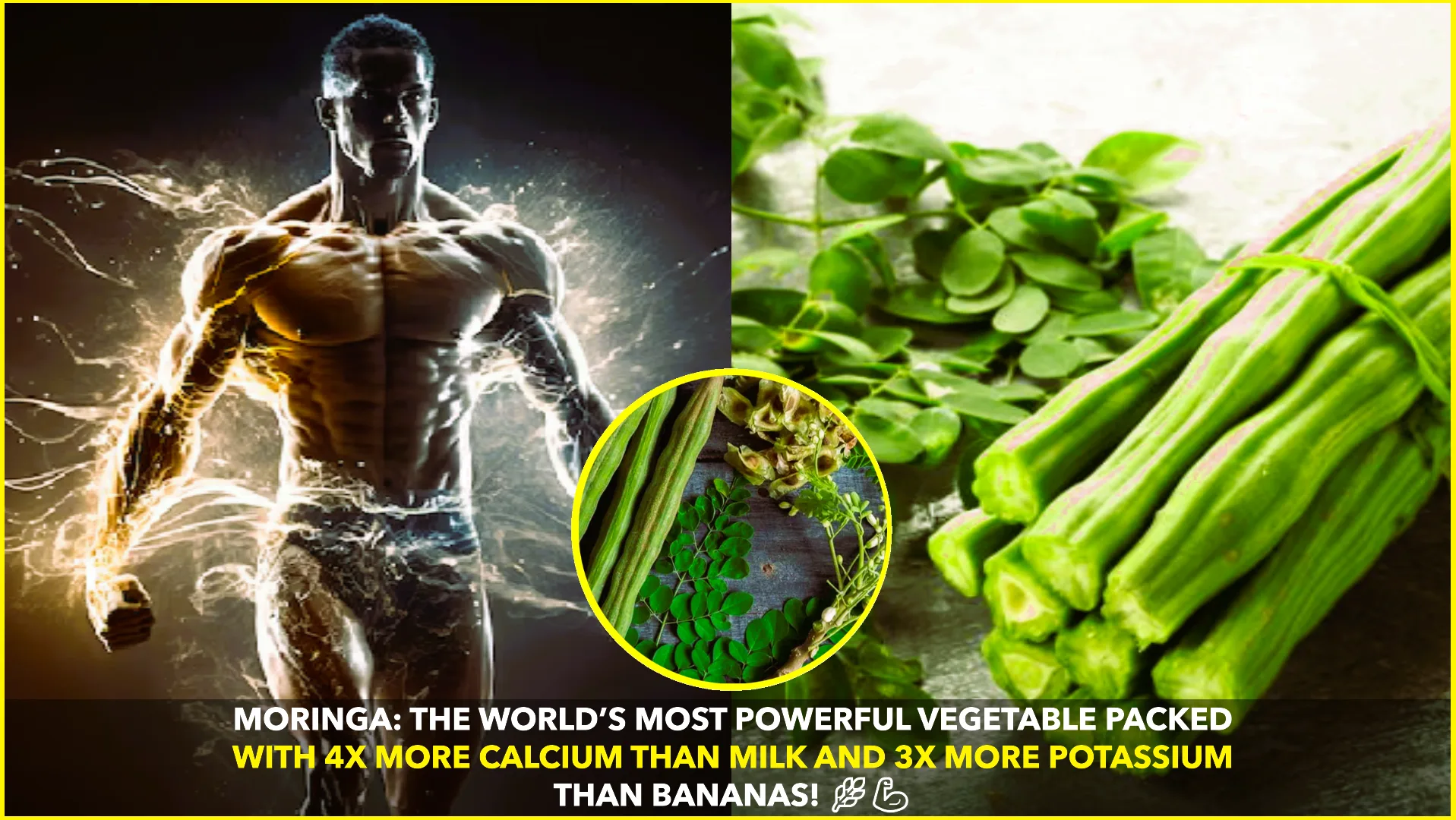In a groundbreaking development, researchers from Qingdao Agricultural University in China’s Shandong province have engineered a novel bacteria-based technology that captures carbon dioxide (CO₂) and converts it into lycopene—a potent antioxidant known for its health benefits, including potential protection against heart disease and cancer.
Harnessing Microorganisms for Carbon Fixation
The research team, led by Yang Jianming, utilized the bacterium Rhodopseudomonas palustris, commonly found in environments such as marine sediments and pond water. Through advanced genetic engineering techniques, they enhanced the bacterium’s natural ability to fix carbon, enabling it to efficiently capture CO₂ and convert it into lycopene.
This innovative process mimics the natural carbon fixation observed in plants, where CO₂ is converted into organic compounds. By employing microorganisms as bioreactors, the researchers have developed a sustainable method to produce valuable bioproducts while simultaneously reducing carbon emissions.
Advantages Over Traditional Lycopene Production
Traditional methods of lycopene extraction from plants are often inefficient, resource-intensive, and result in impure products. Chemical synthesis, another common approach, is complex and demanding. The bacteria-based technology offers a more sustainable and efficient alternative, addressing the limitations of existing methods.
Health Benefits and Applications of Lycopene
Lycopene is a natural pigment responsible for the red coloration in fruits and vegetables such as tomatoes, watermelons, and peppers. Beyond its role as a pigment, lycopene possesses strong antioxidant properties, making it valuable in various industries, including pharmaceuticals and cosmetics. It is believed to offer protection against diseases such as heart disease, certain cancers, and diabetes, and may also support bone health.
Economic and Environmental Impact
The market value of lycopene can reach up to 5 million yuan (approximately US$708,800) per ton, highlighting its economic significance. Recognizing the commercial potential of their innovation, Qingdao Agricultural University sold a patent for this technology to a local investment firm for 1 million yuan, setting a record for the highest price paid for a single patent in Shandong province.
This technology not only provides a sustainable method for producing lycopene but also contributes to global carbon reduction efforts by capturing and utilizing CO₂, a major greenhouse gas. The collaboration between the university and the investment firm aims to further develop green biomanufacturing technologies, aligning with global goals to mitigate climate change. Dunya News+2Gaya One News | Gaya One+2Interesting Engineering+2
Future Prospects
The successful engineering of Rhodopseudomonas palustris to convert CO₂ into lycopene opens new avenues for sustainable production of valuable compounds. As research and development progress, this technology could play a significant role in promoting a more sustainable future by integrating carbon capture with the production of beneficial antioxidants. Interesting Engineering
In summary, the development of this bacteria-based technology represents a significant advancement in both environmental sustainability and biomanufacturing, offering a promising solution to reduce atmospheric CO₂ levels while producing a compound with substantial health benefits.










